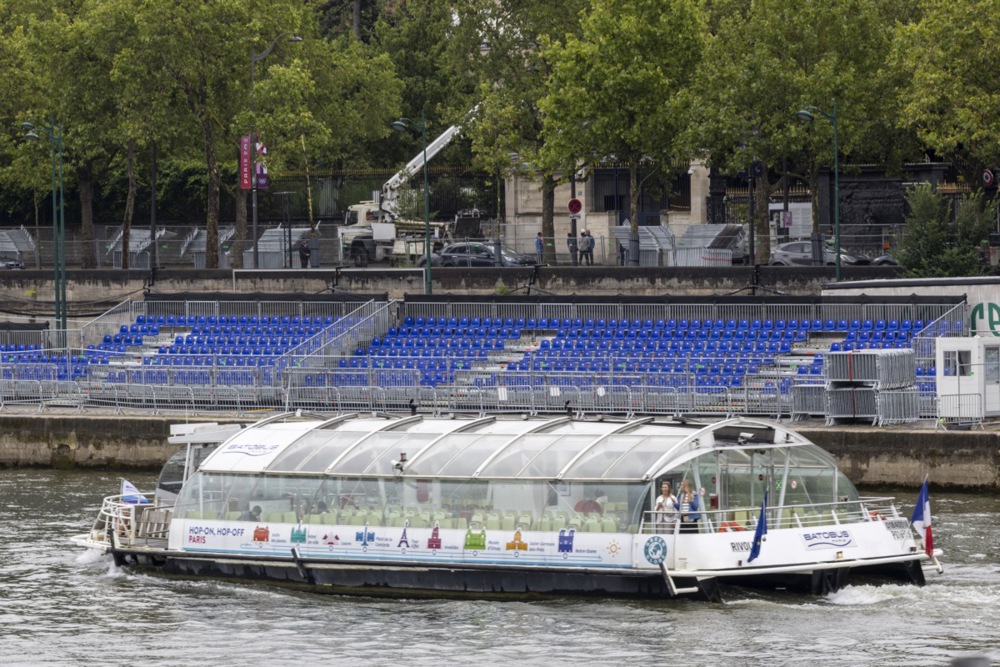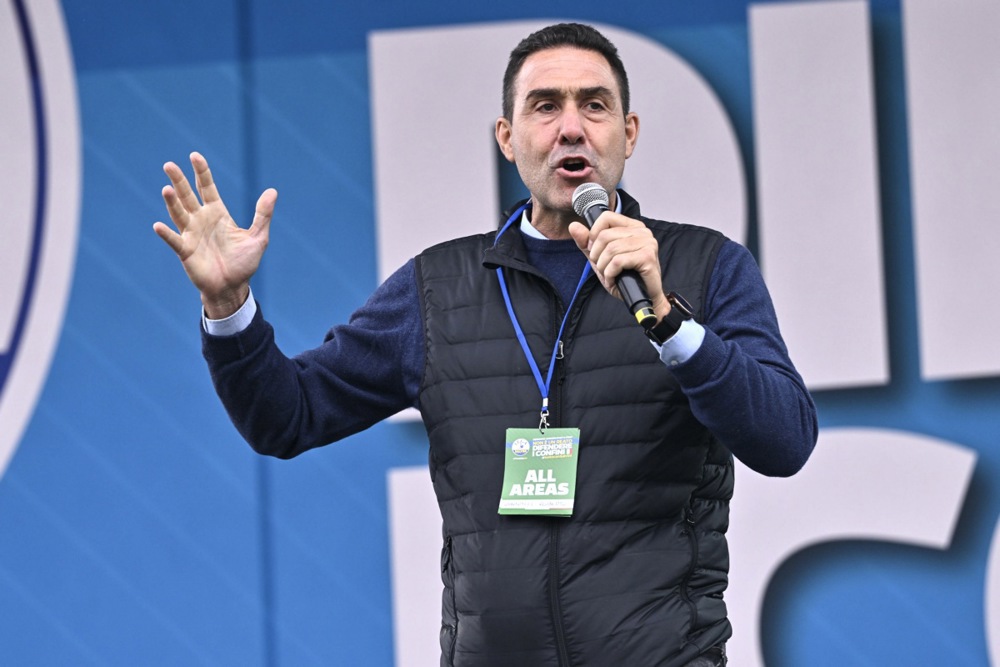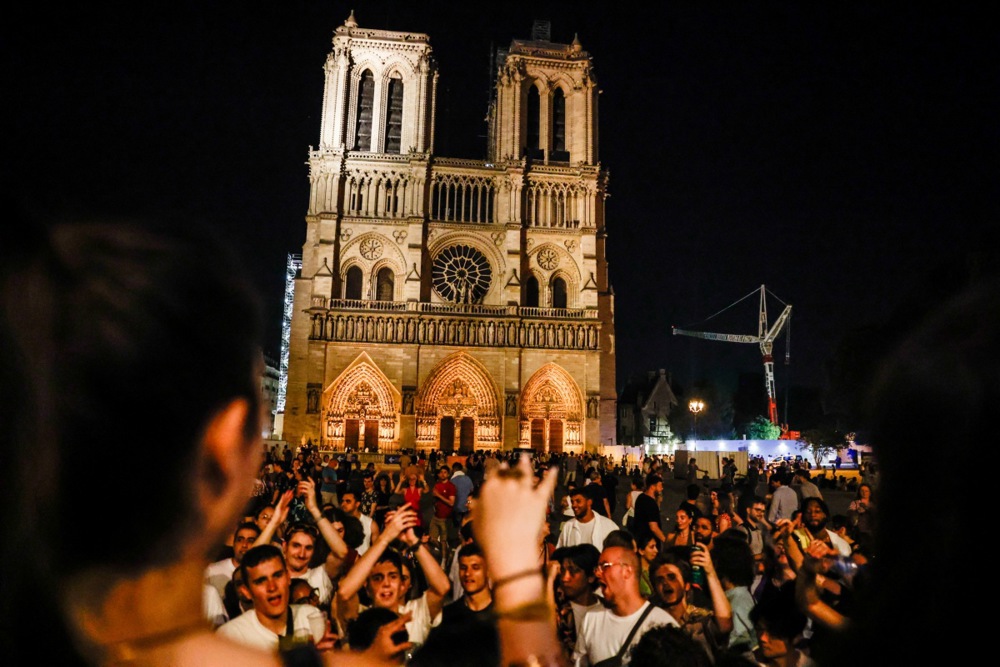French police have arrested a man suspected of being behind at least four Paris killings.
The suspect, a migrant from North-Africa, allegedly targeted gay men.
A few days ago, the police in Paris apprehended a 24-year-old homeless man in a squatters’ building in connection with the murder of four men who were pulled out of the Seine River earlier this summer.
Later they arrested a second man, living in the same building and allegedly having a possible link with the main suspect.
On August 25, the police alleged the first man, who has claimed he was originally from Oran, Algeria, might have acted from either homophobia or a repressed homosexuality.
He has been living in France for the last three years, living off undeclared odd jobs as a market vendor and as a construction worker, it was reported.
According to the public prosecutor, DNA, bank cards, telephones and identity documents all connected the alleged suspect, who has not been named, with the case.
He was reportedly known to the police and slept at a makeshift encampment close to were the bodies were found, newspaper Le Figaro reported on August 25.
The prosecutor’s office had already opened two investigations for voluntary homicide after the discovery of traces of violence on two of the bodies.
The area where the four bodies were found is reportedly a known gathering place for gay men, and at least one of the victims was openly gay and used to frequent that location.
In reaction to the alleged murders, the LGBTQ+ organisation Stop Homophobie (Stop Homophobia) announced on August 24 a call for witnesses.
“While the motive has not yet been established, several sources close to the case mention the hostility of the accused to homosexuality, in a context marked by a rigid [Islamic] religious discourse,” the group said in a statement.
“The hypothesis of a serial killer driven by homophobic convictions is now being taken seriously by investigators.
“Faced with these elements, the STOP homophobia association will file a civil suit and is calling for witnesses, inviting anyone who has seen the suspect, or who has information on his movements and associates, to contact the investigators or us.
Terrence Khatchadourian, secretary general of STOP homophobia, said: “Each testimony can be decisive in understanding the chronology of the facts and avoiding other tragedies.
“We cannot ignore the homophobic dimension that is already apparent in this case.”
Etienne Deshoulières, the association’s lawyer, noted: “It is essential to shed light on the motive for these [alleged] crimes. Otherwise, the justice system would punish the perpetrator, without understanding the root causes of this violence.”
On August 20, a passer-by spotted a body in the Seine. Soon after firefighters and law enforcement officers discovered three other bodies.
Two reportedly showed traces of violence, spurring a homicide investigation.
“In view of the very degraded state of the bodies found, due to their immersion in water, it was only possible to determine that the deceased were three adult men, without further details,” the criminal brigade of the Paris judicial police said at the time of the discovery.
DNA analysis identified the victims.
French politicians have made headlines for their vocal support of LGBTQ+ rights, especially beyond their borders.
In June 2025, high-profile figures including Aurore Bergé – Minister Delegate for Gender Equality – and Benjamin Haddad joined Budapest Pride, condemning Hungary’s controversial “child protection” law as a threat to LGBTQ+ freedoms.
Jean-Marc Berthon, France’s Ambassador for LGBT+ Rights, represented the government at the event — an apparently symbolic stand against Hungary’s policies.
Yet such international activism rings hollow for many in France, where LGBTQ+ communities are facing what they say is a troubling surge in violence against them.
Reports of assaults, hate speech and targeted attacks on such individuals have risen sharply in recent years, with advocacy groups warning of a climate of growing hostility.





